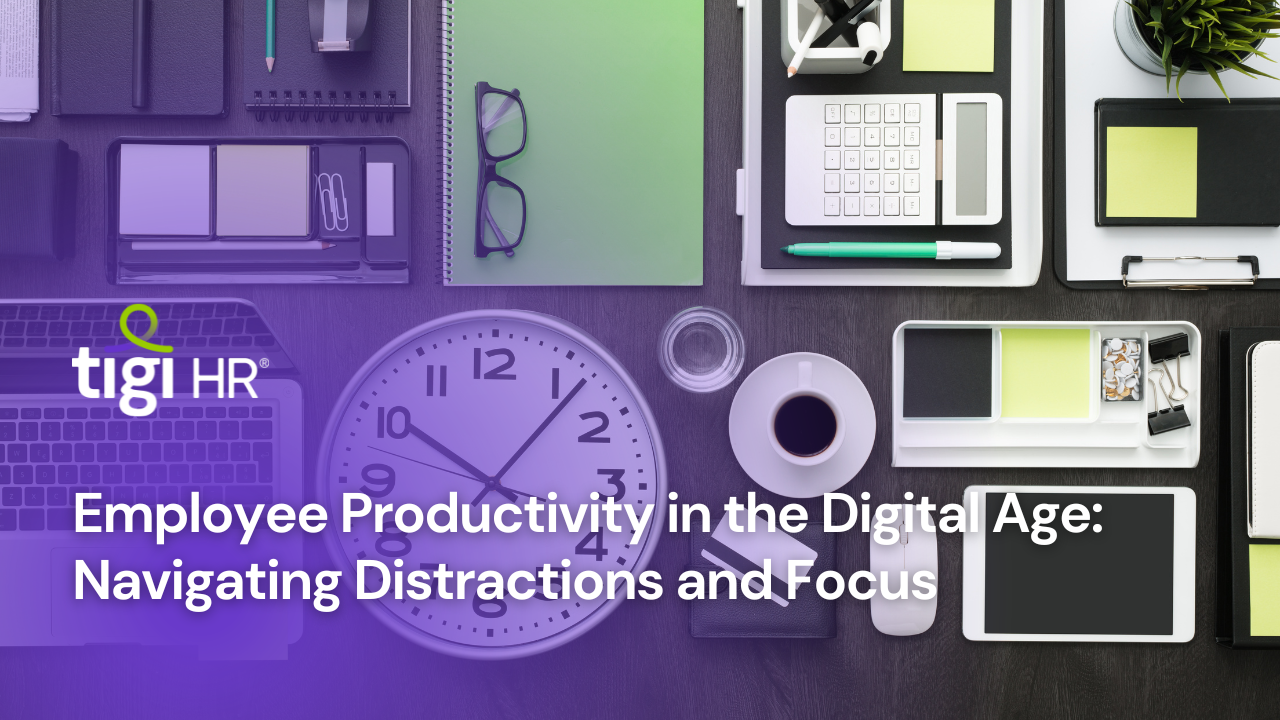Effective time management is the cornerstone of heightened employee productivity, revolutionizing the way individuals approach their tasks and responsibilities. This excerpt delves into the transformative impact of time management practices on employee performance, focusing on strategies that optimize workflows, reduce stress, and elevate overall productivity.
### The Essence of Time Management in Productivity:
At its core, time management is about allocating time efficiently to tasks and activities to achieve optimal outcomes. Studies reveal that employees spend only around 60% of their time on job-related tasks, signaling a significant scope for productivity improvements through refined time management practices.
### Benefits of Proficient Time Management:
1. **Enhanced Efficiency and Focus**: Skillful time management allows employees to direct their attention to crucial tasks, minimizing distractions and fostering sustained focus.
2. **Stress Reduction and Burnout Prevention**: Organizing workloads through effective time management diminishes stress levels by instilling a sense of control, mitigating the risk of burnout.
3. **Amplified Productivity and Output**: Purposeful allocation of time to high-priority tasks amplifies productivity, resulting in increased output and superior work quality.
### Strategies for Effective Time Management:
1. **Priority Alignment Techniques**: Employ methodologies like the Eisenhower Matrix or ABC prioritization to differentiate between urgent and important tasks, aiding in strategic time allocation.
2. **Time Blocking and Task Grouping**: Allocating specific time blocks for focused work on particular tasks minimizes interruptions and boosts efficiency by reducing context switching.
3. **SMART Goal Setting**: Establishing Specific, Measurable, Achievable, Relevant, and Time-bound goals provides clarity and direction, aiding in efficient time utilization.
4. **Delegation Proficiency**: Delegating tasks appropriately enables employees to dedicate time to critical responsibilities, fostering efficiency and team productivity.
### Impact of Procrastination and Time Drains:
1. **Productivity Erosion due to Procrastination**: Procrastination leads to task delays, directly impacting overall productivity. Research suggests that approximately 20% of individuals habitually procrastinate, affecting their work output.
2. **Inefficient Practices and Time Drain**: Ineffective practices like prolonged meetings or excessive emails contribute to time wastage. An estimated 31 hours per month are squandered in unproductive meetings.
### Leveraging Technology for Time Management:
1. **Productivity Apps and Software**: Utilizing task managers, calendars, and time-tracking tools streamlines workflow and assists in optimizing time usage.
2. **Automation for Efficiency**: Automating repetitive tasks allows employees to focus on high-value activities, leading to increased productivity by 12-15% in companies leveraging automation.
### Multitasking’s Impact on Productivity:
Contrary to common belief, multitasking hampers productivity. Shifting between tasks can reduce output by up to 40%. Focusing on one task at a time significantly boosts efficiency and output quality.
### Importance of Time Management Training:
Investing in time management training equips employees with crucial skills to manage their schedules effectively. Companies offering such training witness tangible enhancements in productivity and job satisfaction among employees.
### Statistics and Insights:
– The American Psychological Association reveals that 48% of Americans feel their productivity suffers due to poor time management.
– Meetings consume roughly 15% of an organization’s collective time, as reported by the Harvard Business Review.
### Implementation of Effective Time Management Practices:
1. **Periodic Time Audits**: Regular reviews of time usage identify inefficiencies and enable adjustments in time allocation.
2. **Promotion of Breaks and Rest**: Encouraging short breaks rejuvenates focus and creativity, significantly enhancing overall productivity.
3. **Clear Communication of Expectations**: Transparent communication of deadlines and expectations assists employees in managing their time effectively.
4. **Flexible Work Culture Advocacy**: Embracing flexible work arrangements empowers employees to manage their time according to their most productive hours.
### Conclusion:
Time management serves as a catalyst for productivity, influencing efficiency, focus, and output. By adopting effective time management practices, organizations empower employees to optimize their schedules, reduce stress, and elevate their productivity levels. Cultivating a culture that values and encourages efficient time management lays the groundwork for a more engaged and high-performing workforce, ultimately driving sustained success in today’s competitive business landscape.











